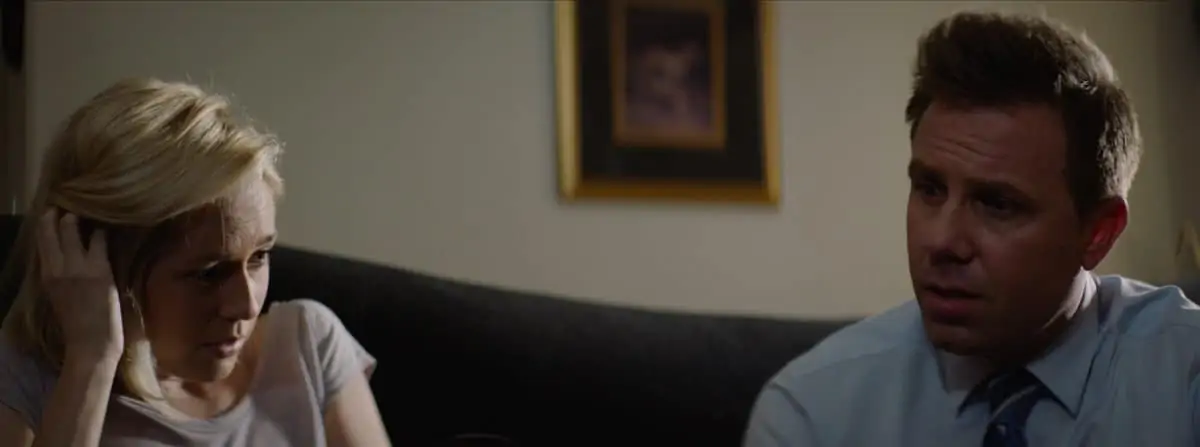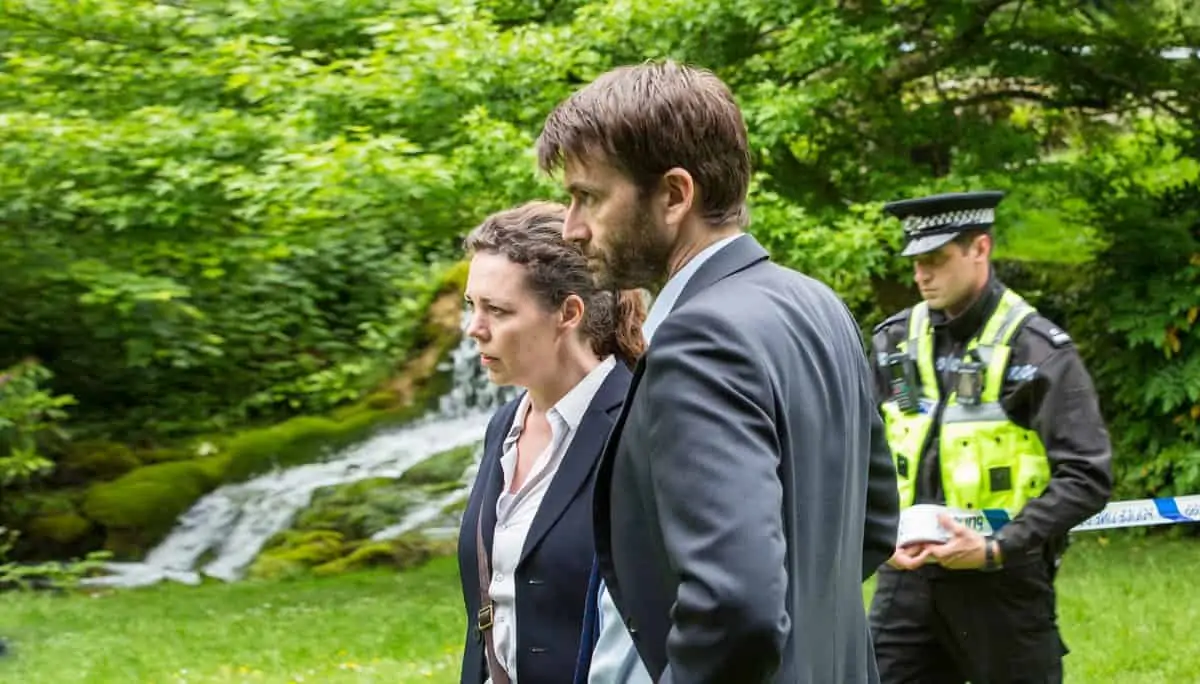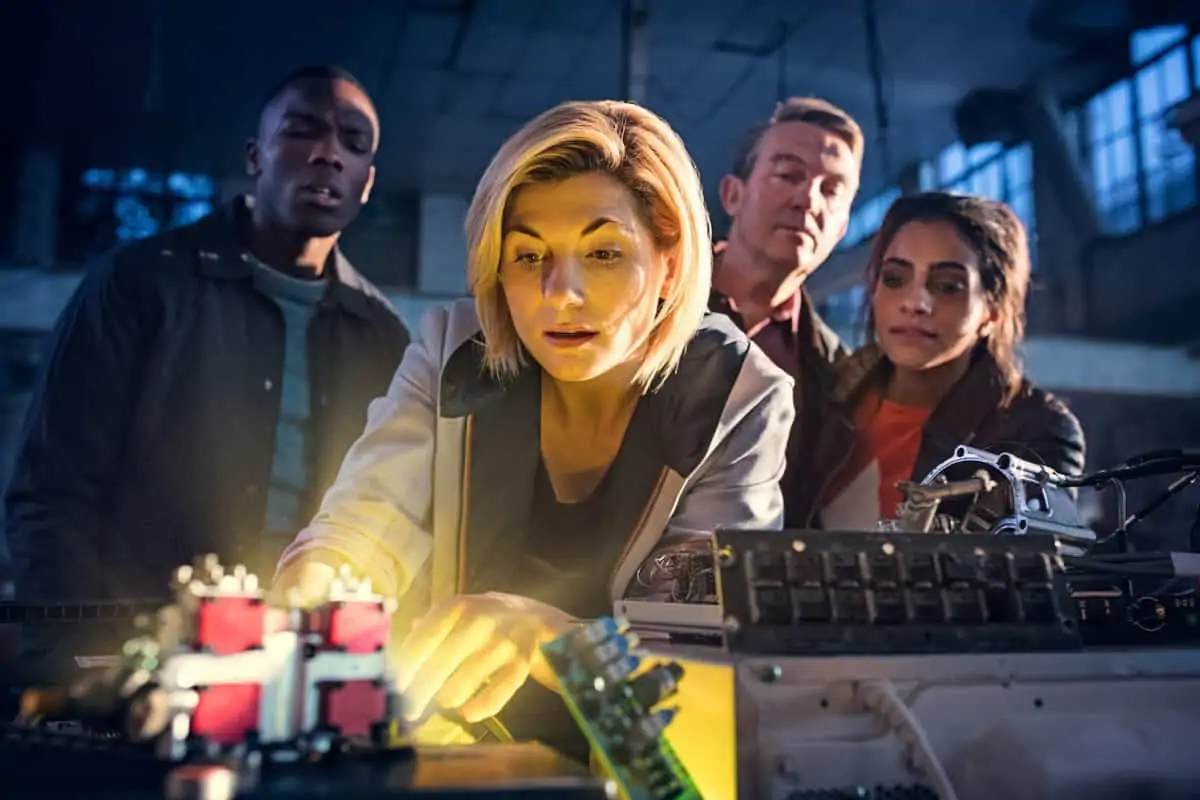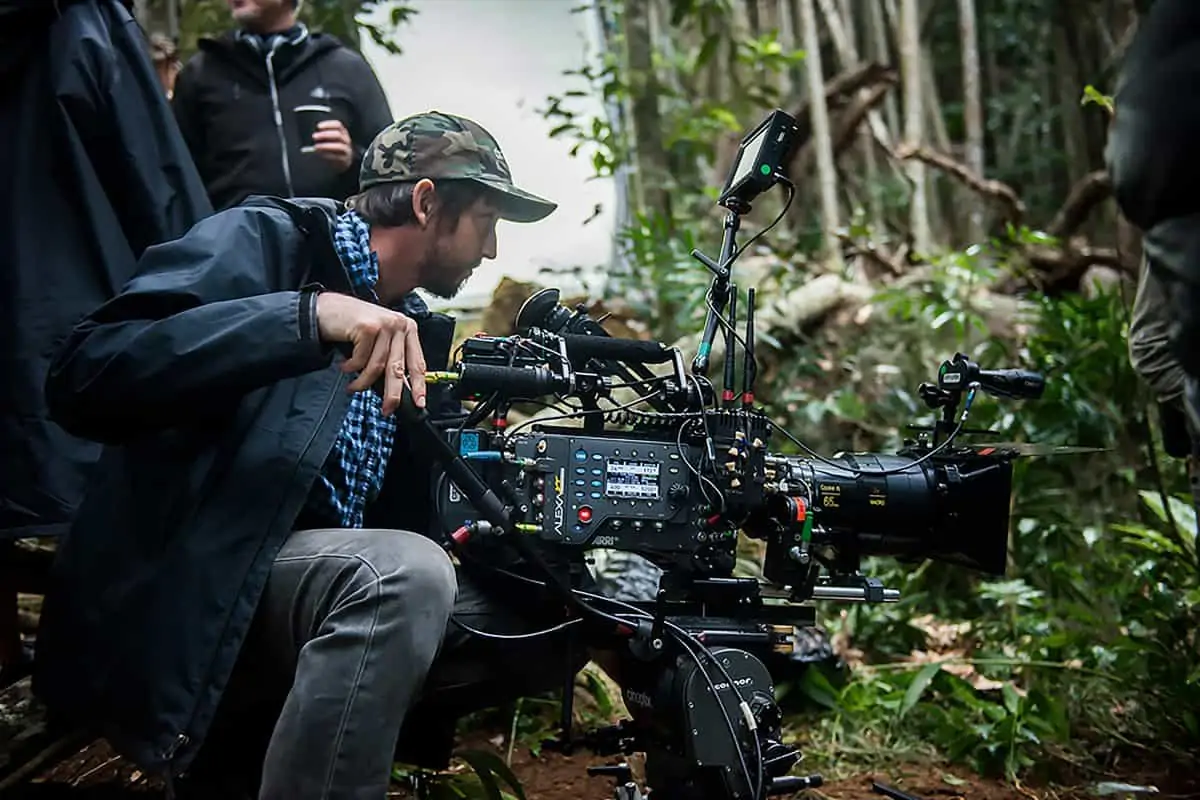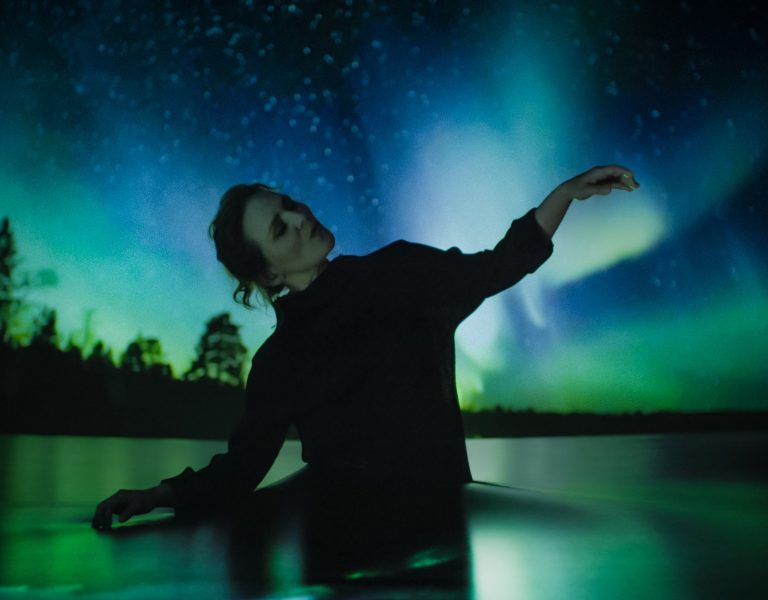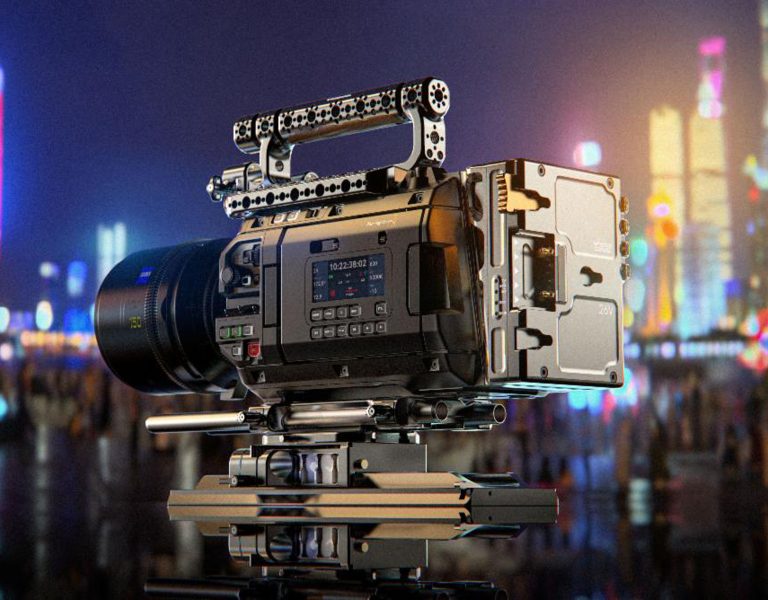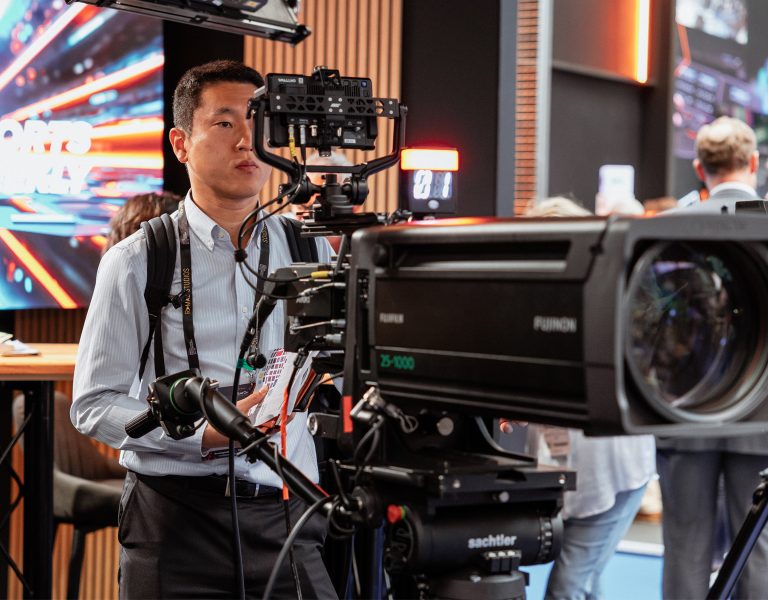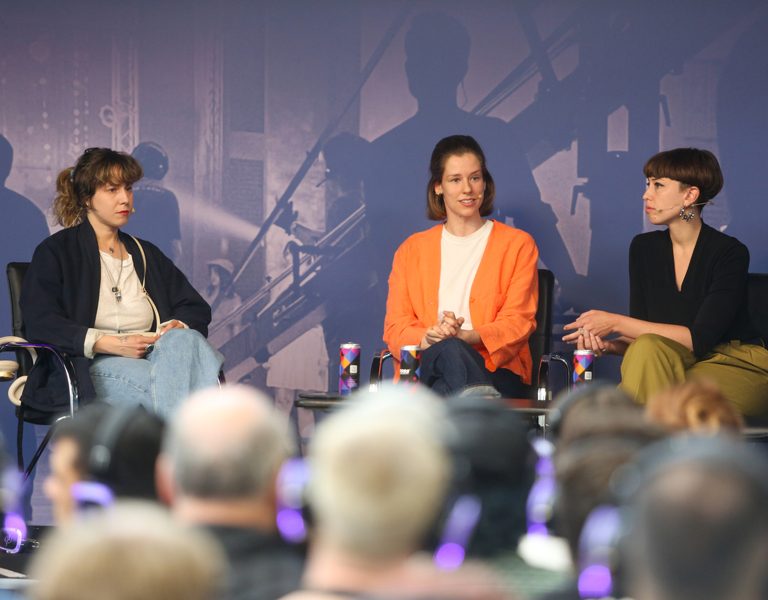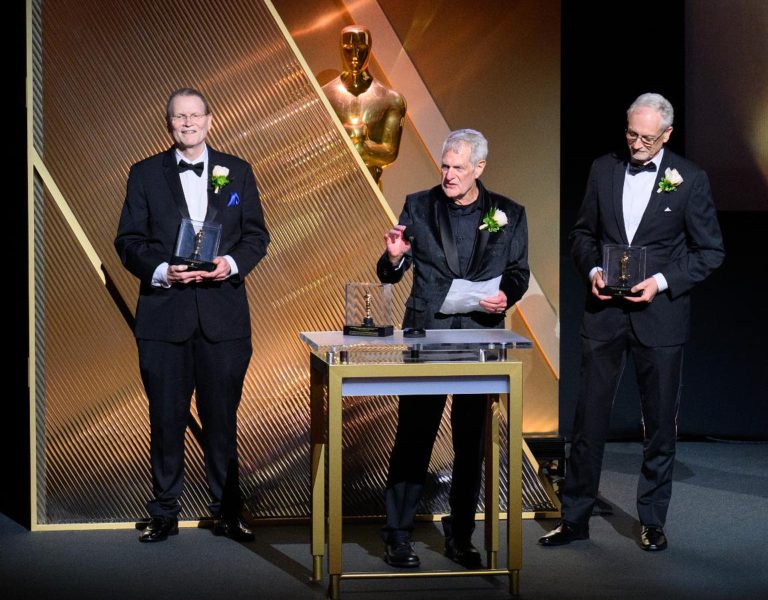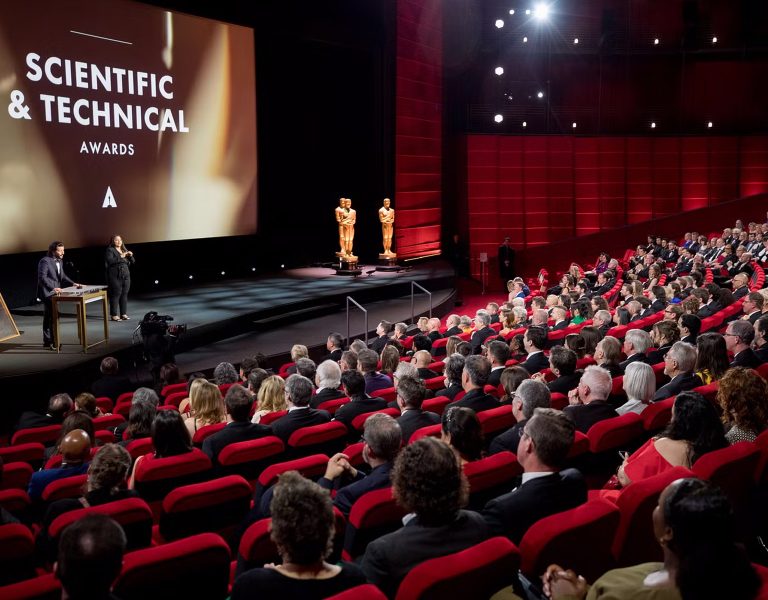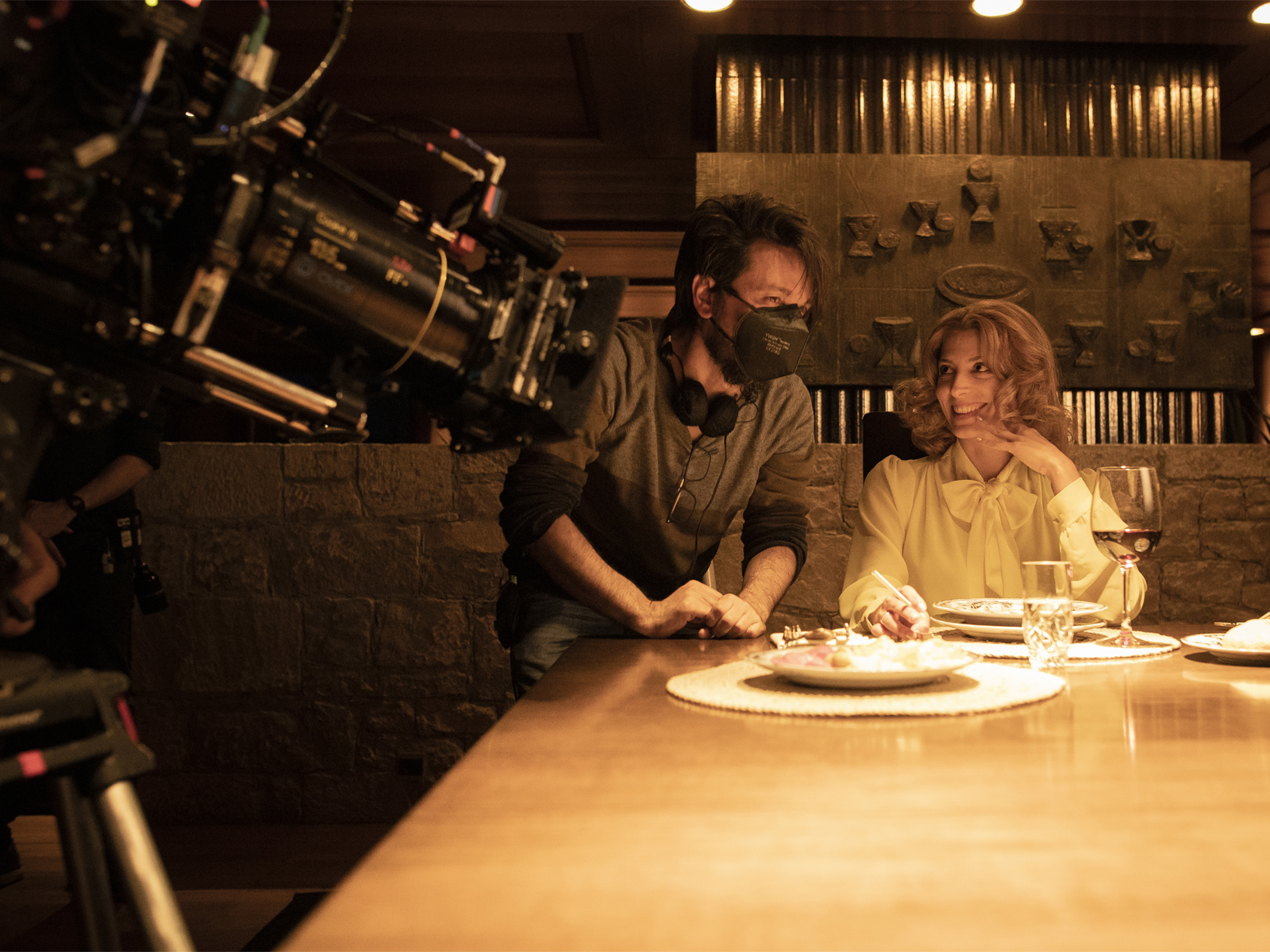
Director Oriol Paulo and cinematographer Bernat Bosch AEC, chose the Cooke Anamorphic/i FF lenses paired with an Alexa Mini LF to achieve a cinematic look for the adaptation of the 1979 novel God’s Crooked Lines.
The film was presented in the Perlak section of the 70th San Sebastián International Film Festival in September 2022 and premiered in cinemas on 7th October and will be available on Netflix in December.
The film follows Alice Gould, a private investigator who enters a psychiatric hospital by simulating paranoia to solve a crime. But a big turn of events will question her sanity and whether she is really telling the truth. The cast includes Bárbara Lennie (Magical Girl, The Mess You Leave Behind) and Eduard Fernández (Everybody Knows, El Niño).
Shot in Spring 2021, the film was always set to be shot in Anamorphic, a format tightly connected to Oriol’s films and his cinematic vision of looking for a very pleasing aesthetic and a wide image. While the film is set in the 1970s, Oriol and Bernat wanted to stay away from a 70s themed film whilst delivering subtle hints of the era, but also providing an aesthetic that could lead the audience to believe that the events could be happening today. The balance, warmth and natural visuals of The Cooke LookTM were the right fit for this psychological thriller as it encapsulated the classic look that Oriol and Bernat wanted to achieve and, after some tests, Spanish rental house Ovide provided the Cooke Anamorphic/i Full Frame lenses.
“To create a balanced power dynamic between the lens and the influence of the Director of Photography, there needs to be a full understanding of the lens’ strengths and weaknesses,” Bernat said. “I had used Cooke lenses in the past for many films and commercials and had a very good understanding of where they would perform best.”
Bernat was most surprised by the performance of the lenses in the close-up scenes, where he pushed the anamorphic format to its limits. “There are several character shots, especially one in which there is a close approach to Bárbara Lennie at a turning point in the plot where the lens was pushed to the limit but maintains the subtle blur without it becoming uncontrollable. The scene offers subtle blurs, with perfect edges, a balanced visual,” he said.
For exteriors shot at night, such as the psychiatric centre, the Anamorphic/i FFs delivered beautifully. “The lenses brought about a special light, their characteristic flare, that added a sophisticated mystery to the scenes,” said Bernat. “They were also great at capturing figures, offering contrasting shapes for the audience to be able to easily follow the events in the dark.”
There was a ‘light bulb’ moment involving the lenses which surprisingly came during the film editing stage. Focused on a 1:2.35 aspect ratio to meet all conventional formats, Oriol and Bernat had not challenged the traditional format, but it was when viewing the native 1:2.55 that Cooke offers that they found themselves watching another movie, as Bernat explained: “The 1:2.55 delivers a panoramic format which widens the shots without having to crop too much from the compositions, opening up the film’s narrative beyond what had been our focus. The aberrations remained untouched, and the panoramic view delivered a new perspective which worked very well with the visuals captured.”
For Bernat, Cooke is about heritage. “Cooke has managed to inherit a certain classicism and bring it to the present time, being able to bring its characteristic personality to all its lenses. These are lenses you can trust and push to their limits to allow yourself to explore further, but they always deliver,” he said.
